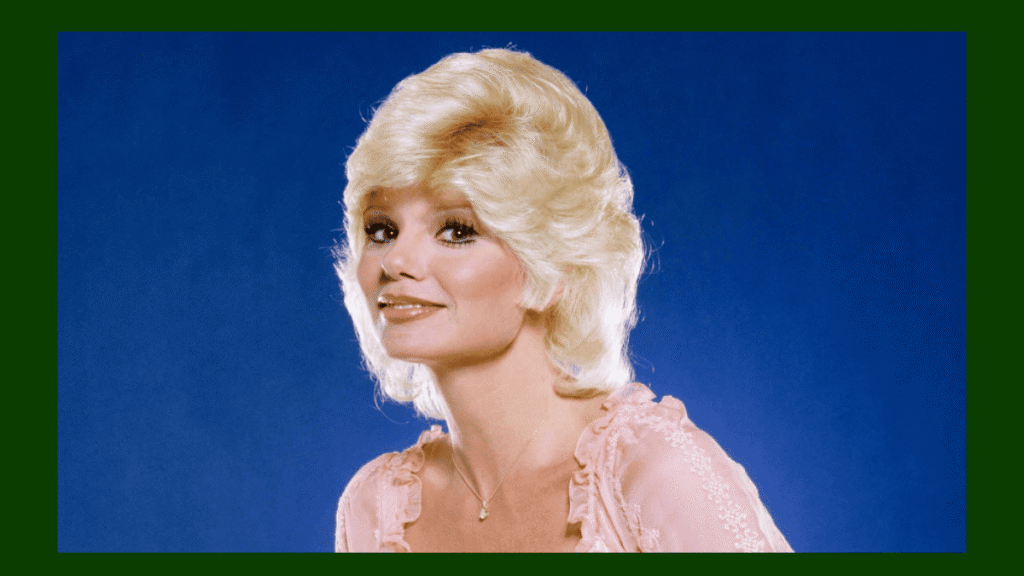The entertainment world mourns the loss of Loni Anderson, the iconic actress best known for her groundbreaking role as Jennifer Marlowe on WKRP in Cincinnati, who passed away at 79 after a prolonged illness. Beyond her glamorous persona, Anderson’s career and personal struggles reflect deeper themes of gender equality, media scrutiny, and resilience—issues that remain relevant today.
Breaking Stereotypes: Jennifer Marlowe and the Fight Against Sexism
Anderson’s portrayal of Jennifer Marlowe, the razor-sharp receptionist on WKRP in Cincinnati (1978-1982), redefined female roles in television. At a time when women were often relegated to dumb blonde tropes, Anderson insisted her character be intelligent, independent, and unapologetically glamorous.
- Refused to play a passive role, demanding Jennifer be “the smartest person in the room.”
- Challenged workplace sexism—her character famously wouldn’t fetch coffee or take dictation.
- Earned two Emmy nominations, proving that beauty and brains were not mutually exclusive.
Her role became a cultural touchstone for working women, inspiring discussions about gender representation in media—a conversation that continues today with movements like #MeToo and Time’s Up.
The Burt Reynolds Saga: Tabloid Exploitation and the Right to Privacy
Anderson’s high-profile marriage to Burt Reynolds (1988-1994) became tabloid fodder, exposing the dark side of celebrity culture. Their acrimonious divorce played out in public, with Reynolds publicly shaming her—accusing her of infidelity and questioning her parenting.
- Media vilified Anderson, while Reynolds faced little backlash for his behavior.
- Highlighted double standards—male stars were often excused for scandals, while women faced harsher judgment.
- Financial and emotional toll: Reynolds’ bankruptcy left Anderson fighting for years to settle debts.
This mirrors modern discussions on how the media treats women in Hollywood, from Britney Spears’ conservatorship battle to Amber Heard’s vilification during the Depp trial. Anderson’s experience underscores the need for fairer representation and privacy rights for public figures.
Advocacy Beyond the Screen: Health and Human Rights
In her later years, Anderson supported causes like:
- Lung health awareness (National Lung Health Education Program)
- Cancer research (American Cancer Society)
- Women’s rights, though she rarely spoke publicly, her career itself was a statement.
Trending News & Public Reaction
Since her passing, fans and media have revisited her legacy:
- Social media tributes (#LoniAnderson, #WKRP) highlight her impact on TV history.
- Documentary interest: Calls for a retrospective on her career and influence.
- Feminist reevaluation: Articles analyzing how she paved the way for complex female characters.
Final Thoughts: A Legacy of Strength and Glamour
Loni Anderson was more than a ’70s sex symbol—she was a pioneer who fought for respect in a male-dominated industry. Her life reminds us of the ongoing struggles for gender equality and dignity in the public eye.
“I didn’t want to be window dressing. I wanted to be the smartest person in the room.” — Loni Anderson
